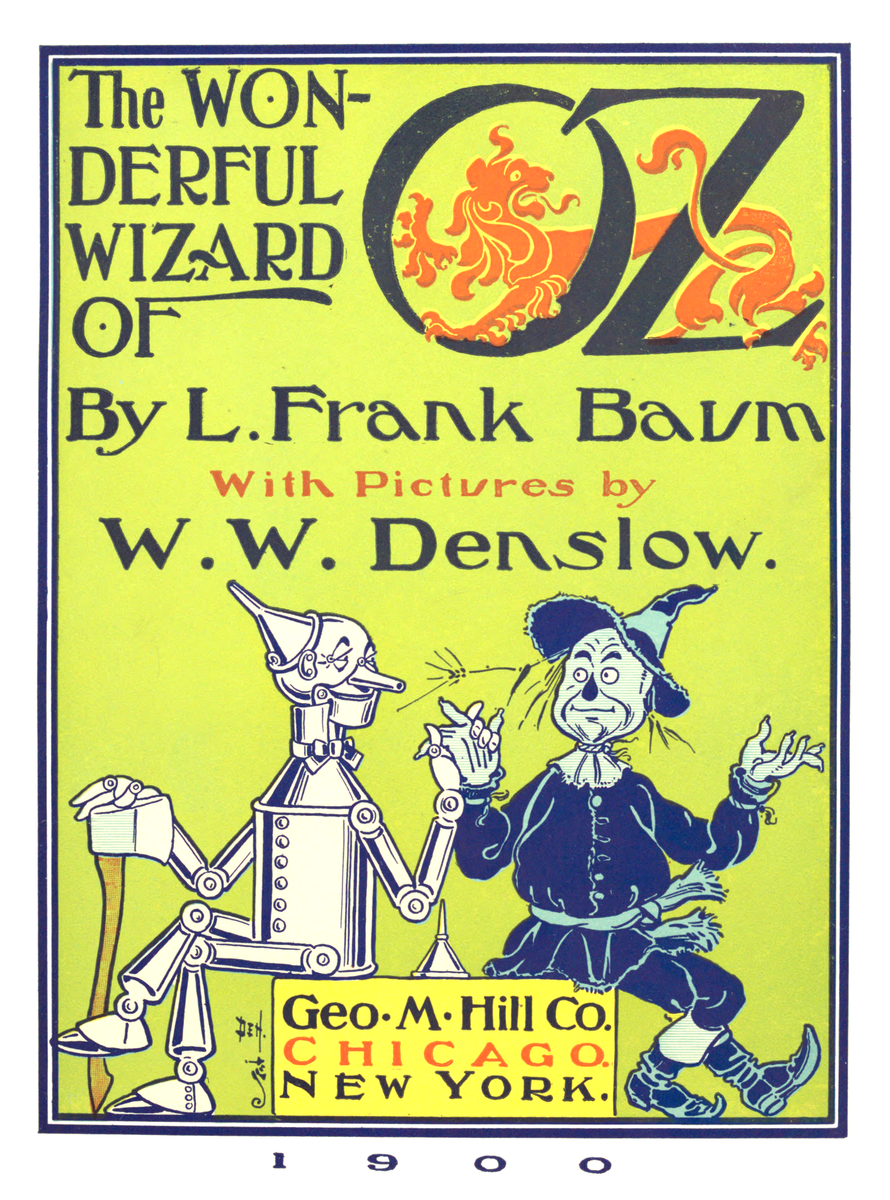Glinda Was Wrong: Why You Should Not Follow A Yellow Brick Road.

(Image courtesy of The Wizard of Oz (USA, 1939), courtesy of Warner Bros.)
Don't you miss when you and your friends were all on the same page? It was easy to connect to their struggles, insecurities, and fears when you all felt the same way. For most people, the end of college parallels the end of standardization. Once you walk across that stage, you begin your own story.

(Image courtesy of Shutterstock. Frank Ramspott created the image .)
For many twenty-somethings, our experiences mirror a Victorian-era novel. Do you go down the rabbit hole into that bad relationship or cruise down the serpentine river toward unfulfilling professional opportunities? Should you go to the Austen-like social gathering with everyone you ever knew or avoid responsibilities by flying to Neverland?

(The image is in the public domain.)
Recently, I have been watching documentaries about the Golden Age of Hollywood. I'm learning about the feudalist studio system and the titans of industry. Many famous movies were based on turn-of-the-century stories. Maybe that's why I gained a new appreciation for L. Frank Baum's The Wonderful Wizard of Oz.

(The image is in the public domain.)
In The Wonderful Wizard of Oz, protagonist Dorothy Gale goes on an odyssey. With the help of her dog and friends, she does impossible tasks assigned by people of authority. Baum's work paralleled the societal issues of The Gilded Age. But over 123 years later, Dorothy Gale's journey could easily represent what it's like to be in your twenties.

(The image depicts a page from the first edition of The Wonderful Wizard Of Oz. © Everett Historical/Shutterstock.com.)
When you enter your twenties, it's an emotional twister. You have mixed emotions as you leave your teens behind. For the first few years of your twenties, you reside in Munchkinland. It is a magical place with a decent football team and weird-themed parties. When it is time to leave Munchkinland, you receive an expensive piece of paper, an anti-climatic guest speaker, and one looming question: Where do I go from here?
When you enter the "real world," you say to (insert name of the dog you got in your early twenties) I don't think we're in college anymore. We do not have a Yellow Brick Road to our shock and horror. We do not have a path that will take us to meet lifelong friends or fulfillment. Moreover, what is the Yellow Brick Road?

(© METRO-GOLDWYN-MAYER)
Does the Yellow Brick Road manifest as the life we dream of, as shown by streaming networks, or does it reveal itself as the perfect balance between professional and personal life? At its core, The Yellow Brick Road is the illusion that you will live a meaningful life by accomplishing x,y, and z. The Yellow Brick Road is the expressway leading towards adventure, love, and happiness. But why do we feel like we have to follow this path?

(Image courtesy of Silver Screen Collection/Getty Images)
If we can remove our rose-colored glasses, Dorothy Gale's path caused her to be kidnapped and drugged. The Wizard and Good Witch made her a pawn in petty politics. If she had the opportunity to choose, I doubt she would want to walk on The Yellow Brick Road.

(Image courtesy of Adobe Stock images. User Zoom Machine took this image. The image was found at https://books.forbes.com/author-articles/taking-off-your-rose-colored-glasses-the-critical-value-in-acknowledging-breakdowns/.)
So, why do we want to walk on The Yellow Brick Road? Why does everyone need to accomplish the same things to find fulfillment? Maybe the moral of the story is this: when you have the chance, follow your road towards happiness.

(Image courtesy of Media from Wix.)

Comments